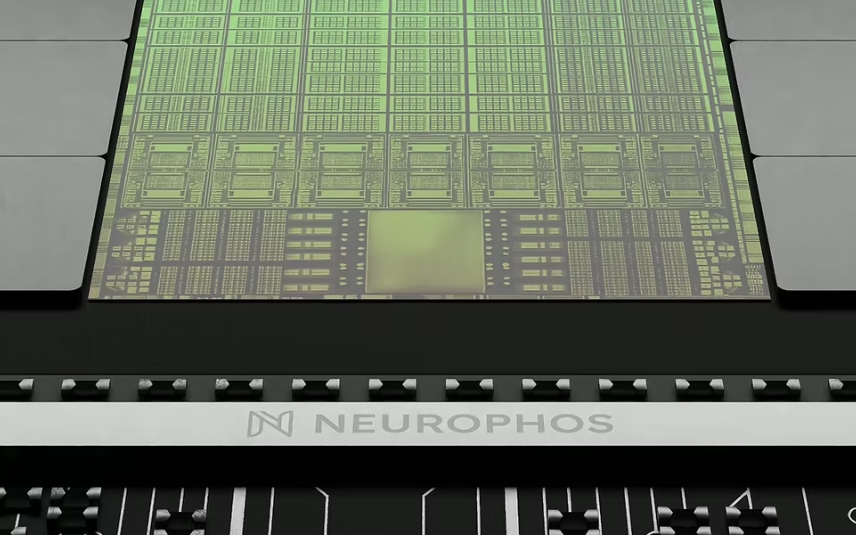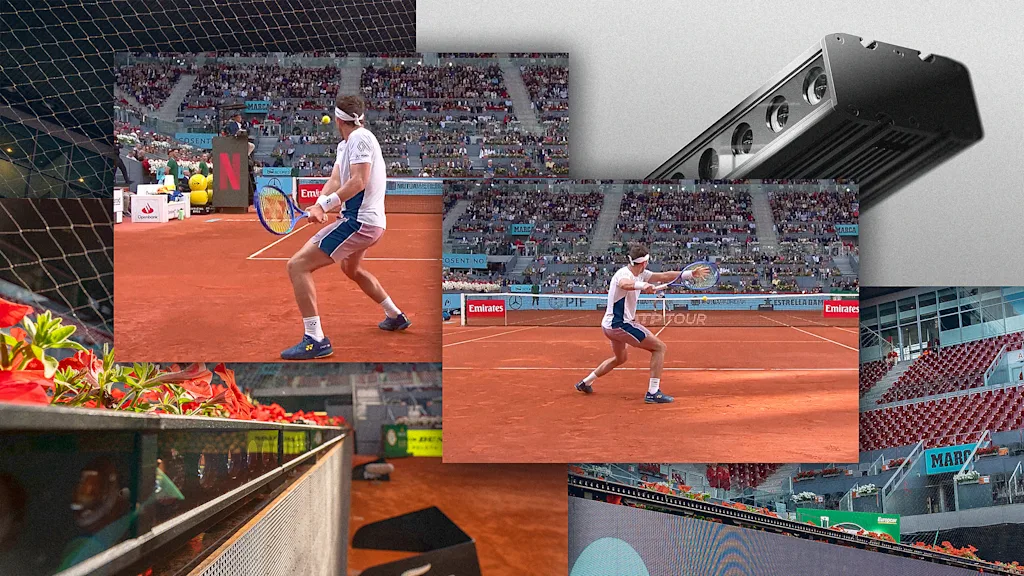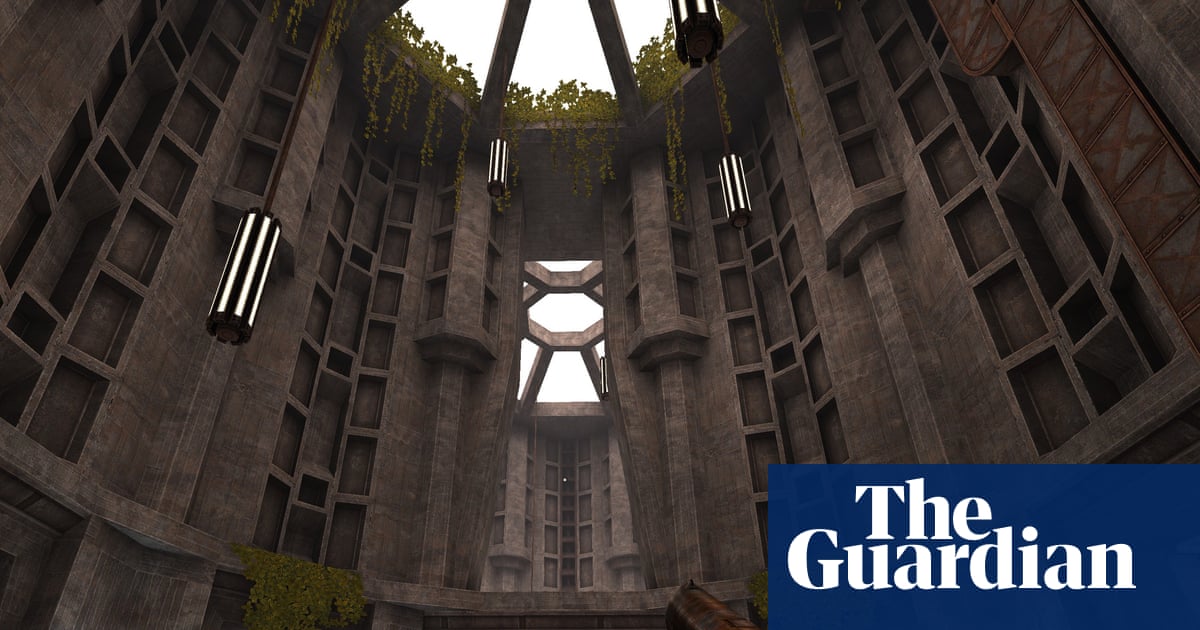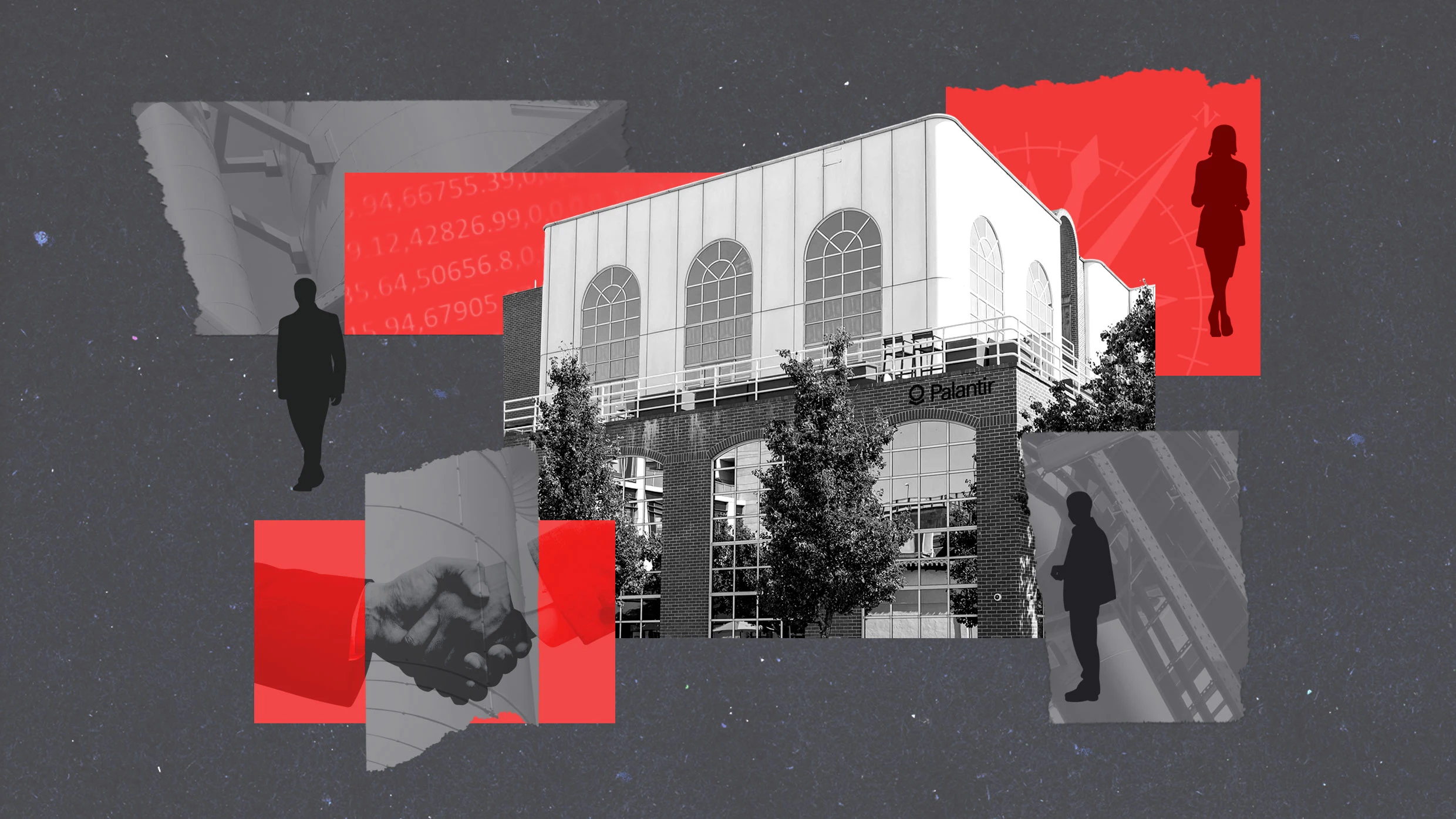It is a midweek morning in the Joe Harvey Suite at St James’ Park. On matchday, this room would be heaving — and the food and drink flowing — but today it has been repurposed into a working space. Music plays from a laptop, a PowerPoint screen shows an agenda and, as people drift in, tables are set up for an ice-breaking game of beer pong, albeit without the alcohol.
An electronic sign outside the door says ‘Welcome to Newcastle Coaches Network’, and it represents a small revolution. Around 20 coaches from Newcastle United, the Newcastle Eagles and Newcastle Red Bulls — the city’s top-flight clubs in football, basketball and rugby union, respectively — are getting together to swap ideas, build contacts, share experiences, listen and learn. To improve themselves and each other.
To be Newcastle, united.
Not too long ago, a meaningful relationship like this would not, could not, have existed.
St James’ dominates the local skyline, but its resident football club had effectively raised the drawbridge; Newcastle United were shrivelled and inward-facing, existing for existence’s sake. A ship crewed by good people in survival mode, a skeleton staff starved of resources. There was little fertile ground for creativity or curiosity.
Four years on from Mike Ashley’s departure as owner, the club have a renewed determination to be good citizens, both in specific examples like this, but also in general, reaching out to other institutions and businesses in ways which may prove to be mutually beneficial but also because it is the right thing to do. It may not grab the headlines, but it is a huge shift in culture. It feels profound, and quietly enthusing.
Want to know about sporting excellence in the city? Until relatively recently, this was not a conversation which would have included football, which is one reason why both Darren Eales, the club’s former chief executive, and David Hopkinson, his successor, have both been eager to soak up information from Sir Brendan Foster, the founder of the Great North Run, the biggest half-marathon in the world.
The coaching network has been in existence since last year, providing regular opportunities for the three different disciplines to explain their methodologies and bounce things off each other.

An aerial shot of the city of Newcastle with the football stadium prominent (Robbie Jay Barratt – AMA/Getty Images)
“There’s so much stuff you can learn; you just have to put yourself out there,” says Neil Winskill, Newcastle United’s head of technical development. “If you ask people, they’re more than willing to share. Maybe that’s something we haven’t done in the past. We want the best staff, and part of this is about developing our coaches, broadening their skill set, opening their eyes to different ways of doing things.”
The club are doing this more widely, too.
“We have to think outside the box,” says Winskill. “We’re speaking to the store manager at Fenwick (the Newcastle-founded chain of UK department stores); how do they manage their departments, how do they communicate across a massive organisation. We’ve got the head trainer of air traffic control from Heathrow Airport coming up to talk about how they deal with crisis events when you have to make decisions quickly.”
Their previous coaching get-together was a practical session with Newcastle Eagles, the most successful club in the history of British men’s basketball.
“One of the things that came out of it was about footwork when you’re defending around the box or around the basket,” Winskill says. “We ended up having an hour’s conversation about the best way to move sideways. It could be something as small as that: basketball does it like this, we do it like that, but actually, is the basketball way better?
“You start to question things you’ve been taught all your life as a coach. Is it true, or has it been a bit of a myth and there’s another way of doing it? Maybe another sport could have taught us this 10 years ago and saved us a lot of time and wasted time. That’s been the beauty of this.”
It feels like a no-brainer, except that it is easy for people, clubs and sports to be trapped in their own bubbles. Why wouldn’t you want to do it, though? And how could you not benefit from it, whether in granular and technical terms, or just from being connected?
The rugby team, previously the Newcastle Falcons but now the Newcastle Red Bulls following their purchase by the energy-drink empire in August, are at the beginning of a process which the football people have recently gone through.
“We’ve essentially gone from probably being the lowest-spending team to possibly — in the future — the highest-spending team,” James Ponton, head of the Red Bulls academy, says. “Everyone’s walking around with their chest puffed out a little bit. We don’t have to cut corners to do things, we’re not having to borrow this or beg for that.
“The football club are further along that curve than us, so it’s really helpful to build those relationships, to lean on them, so then we can just pick up the phone and say, ‘We’re thinking about doing this, have you got any experience of it?’ That’s brilliant. It’s just pretty exciting, isn’t it?”
Today’s session is about the development of young players and the use of video analysis and data. The coaches are all wearing club-branded tracksuits, aside from representatives of the Red Bulls, who are still being rebranded. They take it in turns to make presentations, all of which spark conversations.
Newcastle United go first. In terms of their academy players, they use the phrase “stretching the best, lifting the rest.” They highlight their training, game and coaching models, the Individual Development Plans (IDPs) they have for every player. They talk about “playing the Newcastle United way”, about handling player reviews and how parents benefit from seeing clips of their kids in action.
There are some specific examples of what they are doing, like the multi-ball approach in training, which keeps sessions moving quickly and gives players more problems to solve. There is an astonishing level of detail as they pick out highlighted clips of Lewis Miley repeatedly working on no-touch turns and his forward runs within an 11 vs 11 practice when the now 19-year-old midfielder was still playing for the academy.
The basketball and rugby presentations are also detailed — with plenty of common ground in giving players ownership and responsibility — but the really interesting stuff (to a layman, anyway) happens when the coaches start questioning each other. The sports are different, the level of funding varies wildly, but the three clubs all operate at an elite level and finding solutions is part of what they do.
Anthony Reed, under-19s head coach at the Eagles, shows video footage of a match married to some in-game statistics. All three sports use Hudl for video software analysis, and here the screen is clean and easily digestible, although clicking on a box reveals greater detail — for example, every shot taken in a game from a certain spot on the court.

Basketball coach Reed at the board (George Caulkin/The Athletic)
This prompts an exchange. “We’re not new to this in football, but we’re in danger of drowning in data,” Winskill says. “I’m not sure we quite know what data is important and what data isn’t. So what you’ve got there — the simplicity — is like what we’re striving for.”
Having more money is good, obviously, but spending it wisely is a discipline. Ponton’s rugby club are now employing more staff, but there can be jeopardy there, too, because as the football people have warned him, “everyone wants air-time, everyone wants input and, actually, the player is getting too much information and his brain is frazzled,” he says.
“With lesser resources, you have to be more efficient, you have to think differently, and we can take something from that,” Winskill says later. “We’re blessed the other way now, but it does bring its own challenges.”
The Red Bulls are beginning to use GPS tracking in training. Winskill jumps in again, explaining that his game is much further down the line with that technology. “In football a few years ago, sports scientists suddenly dictated what was happening (with player workload): ‘Can’t do that’, or ‘Don’t do that’ or ‘That’s too much’,” he says. “Maybe it’s just our club, but we’re coming out of that now.
“We’re using it to inform our coaches, to help them make an informed decision, not letting that stuff actually make the decision.”
He throws in a nugget of information.
“On a real basic level with GPS, one of the things we found was nothing to do with metrics or total distance or sprint distance or high-intensity distance,” Winskill says. “It was that the last five players who were at the academy and made their debut in our first team had 85 per cent availability for training games.”
And so then you look at how you make players more available more of the time.

Ponton explaining some of the rugby side’s methods (George Caulkin/The Athletic)
Just as the Eagles having clarity in their use of data might influence the football club, so United’s longer exposure to it might help the others avoid wastage.
At this level, the clubs are all dealing with children whose training time will be limited, meaning data may be of sketchy use. “With the first team, you can see exactly what the players have done,” Winskill says. “They train, they play, it’s all measured, and they won’t have done anything else.
“We want to do things to the nth degree at the academy, but you’re dealing with kids, and we haven’t got a clue what they’re doing between nine o’clock in the morning and five o’clock at night. So what is it you’re measuring?”
When it comes to sport, does Newcastle, the place, stand for something? Does it have an identity? These questions stir another debate.
Ponton has an anecdote. He was coaching a Falcons first-team game in South Africa a couple of years ago and, “I hadn’t done a lot with that age group and I was thinking about how I was going to get them on board.
“I’d been watching the football team play with that high-press. It gets people excited. We used that as part of our defensive strategy, getting up on people and putting them under loads of pressure to get the ball back. We showed a few clips of Newcastle United doing that up the field in front of the goalkeeper.”

Newcastle Red Bulls warming up for a game last month (Chris Lishman/MI News/NurPhoto via Getty Images)
“Fast and fierce” is the motto at the heart of what the rugby academy do, and it has been embraced by Red Bull. “We put ‘fast and fierce’ on everything we do; every team sheet, every message,” Ponton says. “And within sessions, it’s just referred to all the time.”
Winskill picks up on it.
“That just seems a great fit for the area, and it links it to the football team and the basketball team,” he says. “Fast, fierce, in your face, up and at you, hard-working; that transcends the three sports.”
It is entirely in keeping with Eddie Howe’s reinvention of United, from the glorious, doomed Entertainers of the Kevin Keegan era to, “We’re not here to be popular, we’re here to compete.”
“In football, everyone has been trying to be Barcelona, and we’re not Barcelona, this area is not Barcelona, so let’s stop pretending to be a tribute act,” Winskill says. “Let’s be Newcastle United or Newcastle Red Bulls or Newcastle Eagles. What is this area, and what do we represent? Then your style of play comes out of that, doesn’t it? It sounds like it’s coming out already.”
These relationships are still at a formative stage; the session ends with a plea for coaches to pick up the phone or meet each other and to develop things further. It is just the start of something but there will be more, and it feels powerful and impactful. It feels like a good thing to do.
“It’s great,” Reed says. “It forms a connection with the city. People from different clubs and sports are coming together and sharing ideas rather than having a closed-off experience.”
Winskill name-checks coaches Gary Ives and Jamie Williams, who “have worked for the football club for numerous years and, in my opinion, are the best two coaches of under-eights, under-nines and under-10s in this country,” he says. “They’re here and still wanting to learn as the club is getting bigger.
“We want to be the best academy, not just in the north east, not just in the country, but in Europe and the world. It’s going to take time, but we’re in a great place with the staff and the hunger we have. That’s why they’re here today. We want them to be as good as they can be for the benefit of the players.”
There is something wider at play, too.
“This is a working-class city with people who are passionate about their sport and live for football, basketball, rugby… whatever it might be,” Winskill says.
“This is about bringing three organisations together for the greater good of sport in our area, sharing the learning and passion that we have and using it collaboratively. We want the Eagles and Red Bulls to be as successful as our football team is currently being. We want to help and we want to learn. It’s that sense of community.”
(Additional reporting: Chris Waugh)










